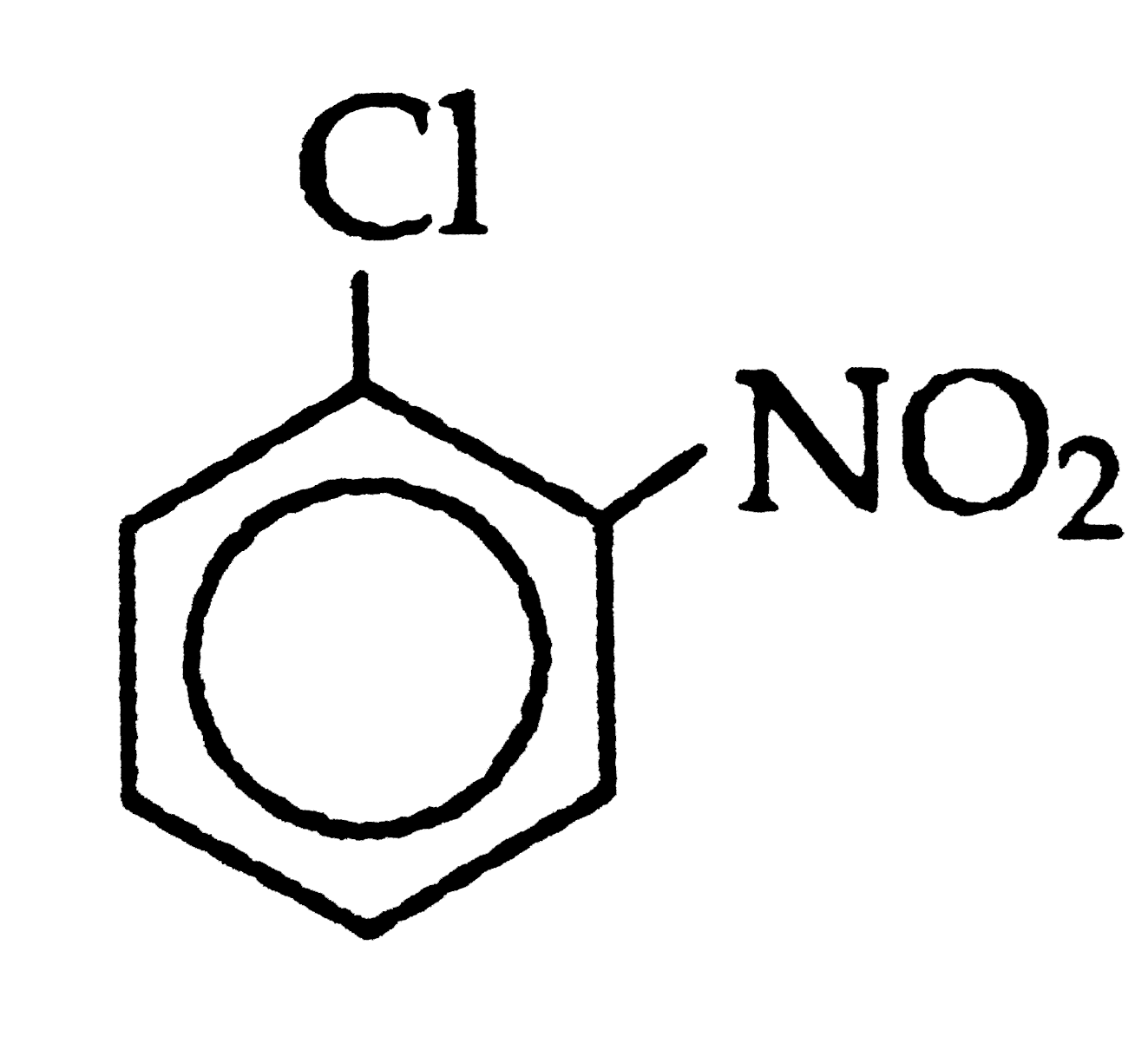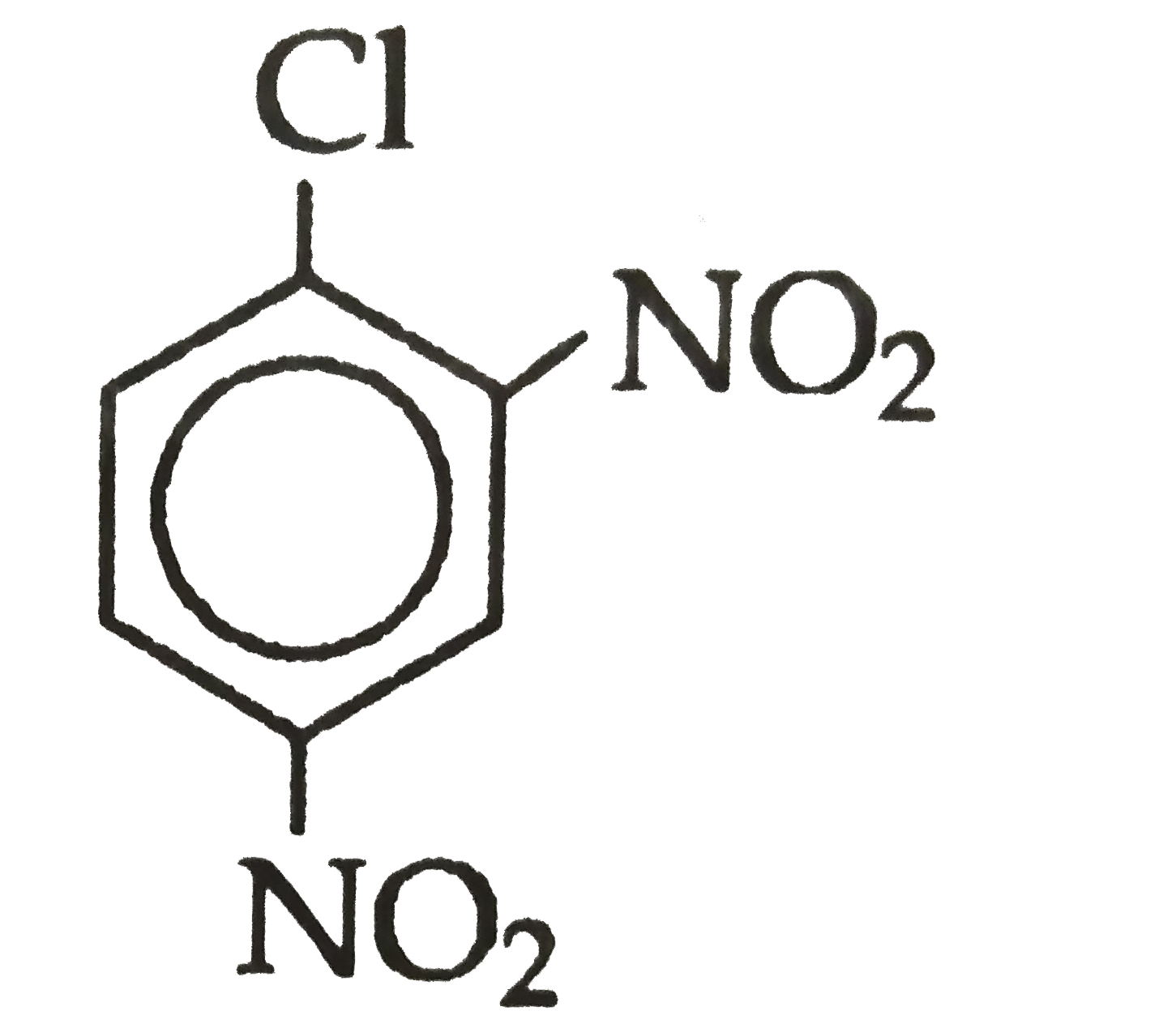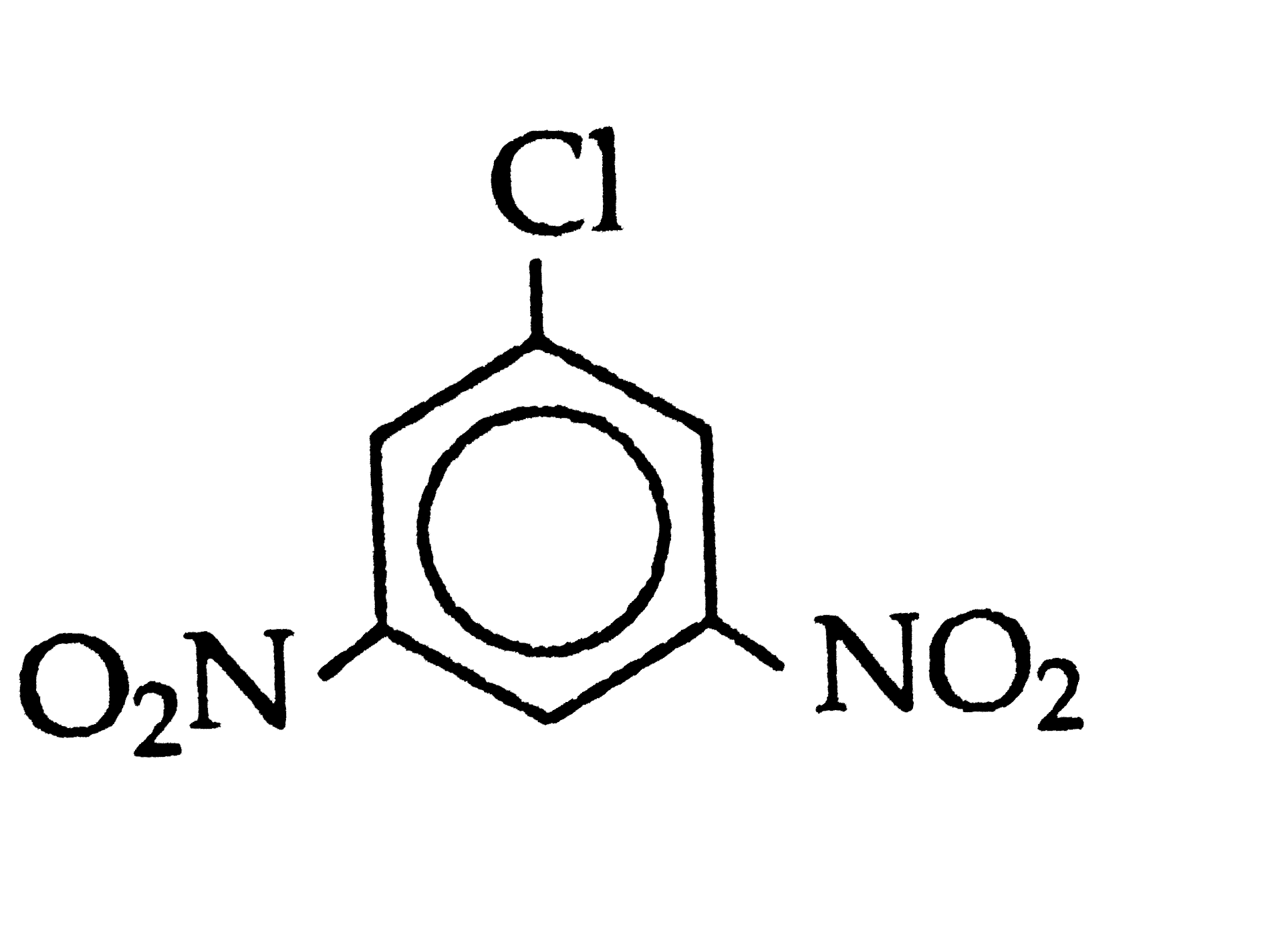Which of the following is the correct nucleophilic substitution ?
Vinyl chloride > Allyl chloride > Propyl chloride
Allyl chloride > Propyl chloride > Vinyl chloride
Allyl chloride > Vinyl chloride > Propyl chloride
Propyl chloride > Vinyl chloride > Allyl chloride
The correct Answer is:B
Vinyl chloride is least reactive towards nucleophilic substitution due to
(i) Resonance stabilisation and (ii) More s-character of carbon attached to halogen. Allyl chloride is most reactive, since, allyl carbocation formed is resonance stabilised.

Topper's Solved these Questions
- BOOK - DINESH PUBLICATIONCHAPTER - ORGANIC COMPOUNDS WITH FUNCTIONAL GROUP CONTAINING HALOGENS EXERCISE - Revision Questions From Competitive Exams154videos
ORGANIC COMPOUNDS WITH FUNCTIONAL GROUP CONTAINING HALOGENS
- BOOK - DINESH PUBLICATIONCHAPTER - ORGANIC COMPOUNDS WITH FUNCTIONAL GROUP CONTAINING HALOGENS EXERCISE - Selected Straight Objective Type MCQs78videos
ORGANIC COMPOUNDS WITH FUNCTIONAL GROUP CONTAINING HALOGENS
- BOOK - DINESH PUBLICATIONCHAPTER - NO IDEAEXERCISE - Unit Test -1videos
NO IDEA
- BOOK - DINESH PUBLICATIONCHAPTER - POLYMERSEXERCISE - Matrix5videos
POLYMERS
Similar Questions
Knowledge Check
- Question 1 - Select One
Which of the following is more reactive in nucleophilic substitution reaction
A (##NIK_OBJ_CHE_XII_C10_E02_017_O01.png" width="30%">B C
C D
D
- Question 2 - Select One
Which of the following does not give nucleophilic substitution with alcohol :
ACH3COCIBAcetic anhydrideCEtherDNone - Question 3 - Select One
Which of the following is more active in a nucleophilic substitution reaction :-
ACH3−CH2ClB(CH3)2CHClCCH3−CH2CH2ClD(CH3)3C−Cl
Which of the following is least reactive in a nucleophilic substitution reaction?
View SolutionWhich of the following compound undergo nucleophilic substitution faster?
View SolutionWhich of the following undergoes nucleophilic substitution exclusively bySN1 mechanism ?
View SolutionWhich of the following compounds undergoes mucleophilic substitution reaction most easily?
View SolutionWhich of the following undergoes nucleophilic substitution exclusively by SN1 mechanism?
View Solution

